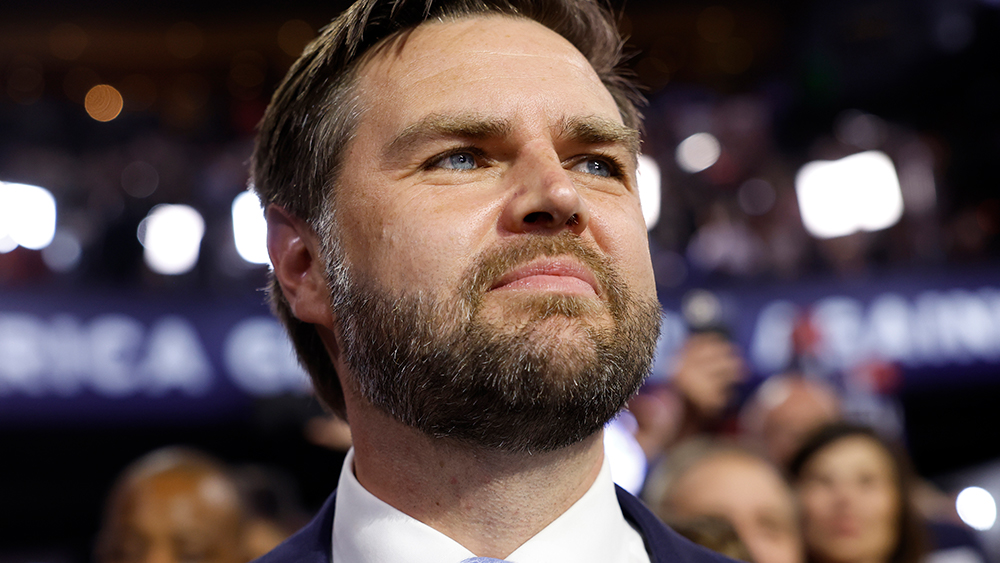- VP JD Vance reiterates U.S. interest in Greenland, citing strategic and economic importance.
- Vance argues that Greenland’s location and resources are vital for U.S. national security and economic interests.
- Denmark’s Prime Minister Frederiksen rejects the idea of selling Greenland but is open to increased U.S. presence.
- Vance claims Denmark is not addressing security threats in the Arctic, justifying a more assertive U.S. role.
- Frederiksen emphasizes Denmark’s commitment to NATO and refutes claims of being a bad ally.
Vice President JD Vance reiterated the Trump administration’s interest in acquiring Greenland, emphasizing its strategic and economic importance, despite strong opposition from European nations.
Speaking on Sunday Morning Futures with Maria Bartiromo on Fox News, Vance argued that Greenland’s location and resources are crucial for U.S. national security and economic interests.
The U.S. has long been interested in Greenland, a vast Arctic territory with untapped natural resources, including rare earth minerals, oil, and gas. Vance’s comments come as geopolitical tensions in the Arctic region are rising, with both China and Russia expanding their military and economic presence.
Trump first proposed the idea of purchasing Greenland in 2019, which was swiftly rejected by Denmark’s Prime Minister Mette Frederiksen, leading to the cancellation of a planned state visit.
Strategic and economic importance
Vance highlighted the strategic importance of Greenland, particularly its control over key Arctic sea lanes used by China and Russia. «There are sea lanes there that the Chinese use, that the Russians use, that frankly Denmark, which controls Greenland, it’s not doing its job and it’s not being a good ally,» he said. Vance suggested that Denmark’s failure to address security threats in the region justifies a more assertive U.S. role.
The Arctic region is becoming increasingly contested as new shipping routes emerge and access to natural resources grows. Vance also pointed out the economic benefits for Greenland’s population of about 55,000, who may not be fully satisfied with Danish rule. «They have got an incredibly bountiful country that the Danes aren’t letting them develop and explore,» he said. «Of course, Donald Trump would take a different approach if he were the leader of Greenland.»
Danish response and potential U.S. presence
Despite Vance’s assertive stance, Danish Prime Minister Mette Frederiksen has reiterated that Greenland is not for sale. However, Frederiksen has shown a willingness to allow a larger U.S. presence in Greenland.
«I fully agree with the Americans that the High North and the Arctic region are gaining in importance when it comes to defense, security, and deterrence. And it is possible to find a way to have a stronger footprint in Greenland,» she said before an EU summit in Brussels.
Frederiksen’s statement suggests a pragmatic approach to strengthening security in the region, even if it means increased U.S. involvement. The PM also emphasized Denmark’s commitment to NATO and its willingness to invest in defense, including a €2 billion investment. «When it comes to securing our part of the world, we can find a way forward,» she added.
Frederiksen also refuted Vance’s claim that Denmark is not a good ally, stating, «We have fought side by side with the Americans for many decades. I do not accept being called a bad ally. We are not, never have been and we will not be in the future.»
Vance’s comments underscore the Trump administration’s continued interest in Greenland, driven by its strategic and economic value. While the U.S. faces opposition from European nations, the administration remains committed to exploring options for a greater presence in the Arctic region. Denmark’s willingness to allow a larger U.S. presence in Greenland could be a positive development, aligning with U.S. security interests and potentially benefiting Greenland’s inhabitants.
Sources for this article include:
